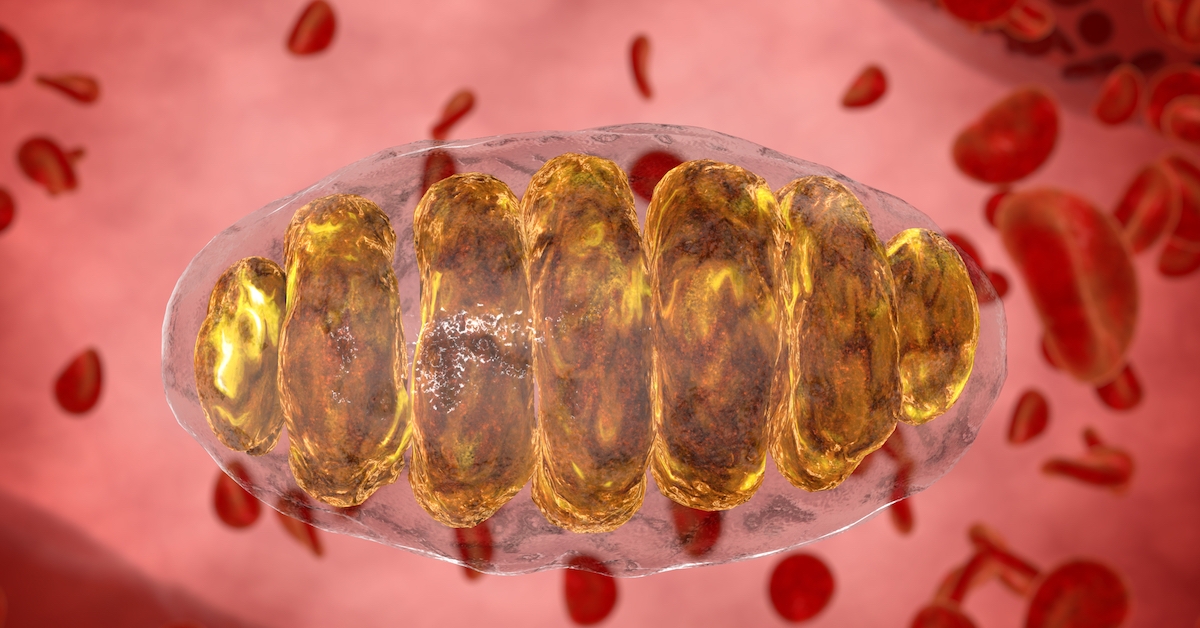Twice as many women as men get Alzheimer’s disease.
And it’s not just because women usually live longer than men.
Researchers have discovered that as women age, metabolic changes in their brains – linked to menopause – give rise to changes that make them more vulnerable to losing their memories and eventually their lives to Alzheimer’s disease.
But there are things they can and should do to lower their risk.
Menopause Means Brain Changes
The menopausal brain developments that bring about added dementia risk are part of a complicated process. But a research team from Weill Cornell Medicine and the University of Arizona Health Sciences has painstakingly tracked the damaging shifts in brain chemistry that occur as women get older.1
The research shows that both just before menopause, a period of time called peri-menopause, and while going through menopause, women’s brains suffer harmful changes in neurons’ use of blood sugar in specific brain locales. Dysfunction in those parts of the brain signals the potential development of Alzheimer’s.
The researchers also discovered that brain cells lose activity in enzymes that help mitochondria operate at optimal capacity. As longtime readers probably remember, mitochondria are the cell’s little energy factories.
“Our findings show that the loss of estrogen in menopause doesn’t just diminish fertility,” says researcher Lisa Mosconi, the associate director of the Alzheimer’s Prevention Clinic at Weill Cornell Medicine. “It also means the loss of a key neuroprotective element in the female brain and a higher vulnerability to brain aging and Alzheimer’s disease.”
The researchers have also found that menopause leads to extra amyloid beta in the brain – one of the destructive, tangled proteins believed to be linked to Alzheimer’s disease. Other scary changes include a reduction in the brain’s gray matter (the neurons where your thinking takes place) and shrinkage of white matter (nerve fiber bundles).
Ms. Mosconi, who holds a doctorate, notes that menopause is a well-known cause of mental and mood problems like anxiety, depression, insomnia and cognitive issues. And researchers generally believe these changes are connected with reductions in estrogen and increases in the oxidative stress (free radical damage) on brain cells.
She points out that most brain cells contain receptors that are specifically designed to interact with estrogen. When estrogen gets scarce, these receptors can’t do their part in helping brain cells stay healthy. The result: more disease and dysfunction.
That estrogen drop-off, says Dr. Mosconi, may cause a “starvation reaction” in the brain’s neurons that, as it progresses, eventually shuts off neurons.
Mitochondria Slowdown is a Problem
The Cornell researchers believe that the slowdown in the proper function of mitochondria is an important factor in the increase in Alzheimer’s risk.
Encouragingly, a lab study in France shows that helping mitochondria stay healthy may be a key to staving off Alzheimer’s – and tests show that healthy mitochondria reduce the accumulation of amyloid-beta plaque.2
When these scientists tested nicotinamide riboside, a form of vitamin B3, on lab animals who had the animal equivalent of Alzheimer’s disease, they found that it reduced plaque and improved mental function.
Plus, nicotinamide riboside shows promise as an anti-aging nutrient. And another study, this one at the University of Delaware, likewise suggests that nicotinamide riboside may help the brain stay healthier as we age.3
Mitochondria Maintenance
One of the best ways to promote better mitochondria in all the cells in your body is through vigorous exercise.
A study at the Mayo Clinic demonstrates that aerobic exercises like walking, running and biking stimulate cells to produce extra proteins needed by mitochondria and their ribosomes – tiny structures where proteins are assembled.4
When it comes to nutrients, the Cornell researchers recommend getting more antioxidants like vitamin C and vitamin E along with foods like flaxseed that can increase estrogen production.
I would add that it’s also important to eat plenty of fresh fruits and vegetables and stay away from sugar and processed foods. Menopause increases the oxidative stress in the brain and the rest of the body. The nutrients in vegetarian foods provide phytonutrients that help relieve that stress.5
- http://journals.plos.org/plosone/article?id=10.1371/journal.pone.0185926
- https://www.ncbi.nlm.nih.gov/pubmed/29211722
- https://www.ncbi.nlm.nih.gov/pubmed/29599478
- https://www.cell.com/cell-metabolism/fulltext/S1550-4131(17)30099-2
- http://cdn.intechopen.com/pdfs/39020/InTech-Menopause_induces_oxidative_stress.pdf







